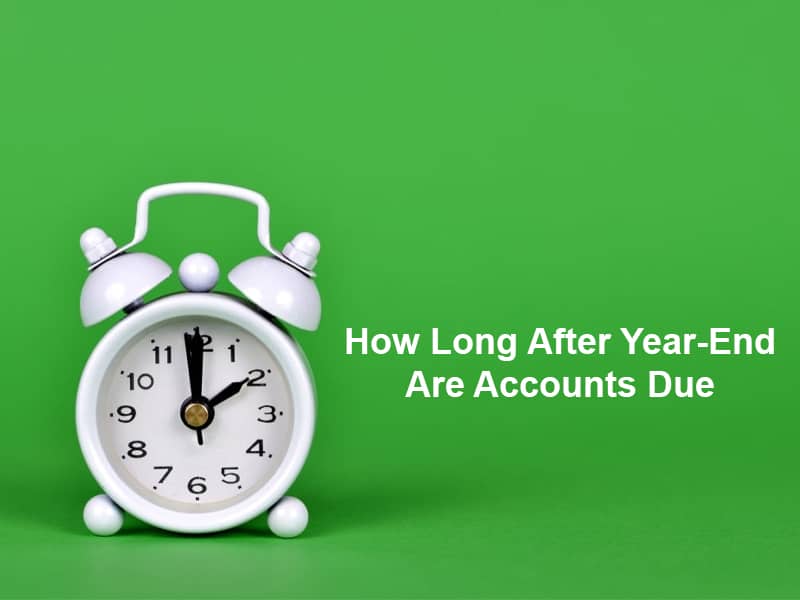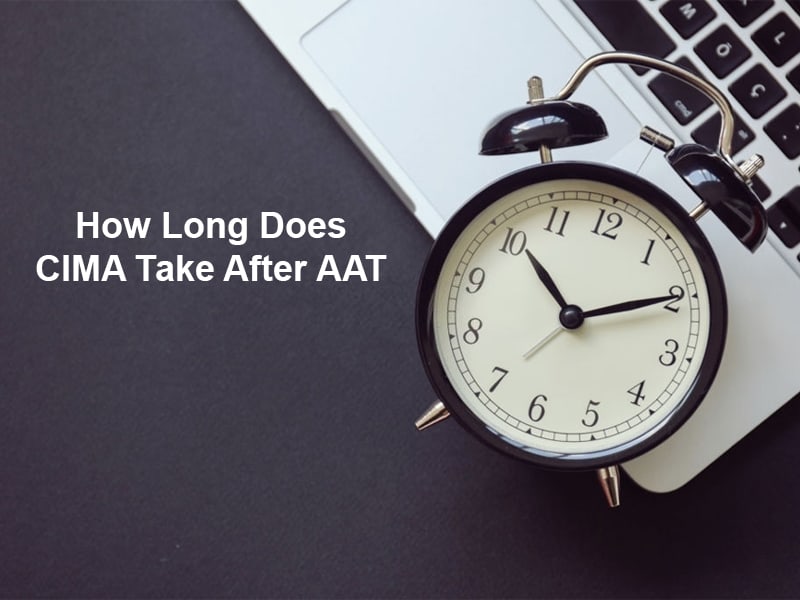Exact Answer: After 9 months
The date by which the company’s accounting period is going to end is known as the ‘Year end’ of a Company. It also includes the same date when the time starts ticking around to send some of the documents to HMRC and Companies house.
Sometimes what happens with the people is that they get confused about the annual accounts with the company’s statements. But the fact is that both the things must get filed annually with the companies house and they remain very much different in their content. Hence, the accounts must be maintained properly throughout the year. If one is negligent, the accounts may be due.

How Long After Year End Are Accounts Due?
| Time Taken for the first filling | After 21 months |
| Time Taken for the Year-End Filling | After 9 months |
Even if it is a non-trading and dormant company every year the annual accounts must be filed with the company’s house. There is a need to understand this fact that when should the limited accounts of the company get filed and delivered to the companies house. This is because it is way more important to get them delivered.
And if it gets delivered late then it will result in a problem as an automatic and substantial fine levied upon the respective company. What adds more to it is that the director of that specific company and the secretary of the same company may face a serious prosecution in the criminal court. This would later result in a huge amount of personal fines being levied and apart from that the director may get disqualified from his/her role in the future because that’s what the possibilities say.
Now if we look over some of the provided facts and figures then the first set of accounts mainly cover a time period of more than 12 months. The private companies should file the account dues within 21 months from the date the company got incorporated. After that, the public companies should file the account dues within 18 months from the date the company got incorporated.

Or if it’s either any of the company types then as said earlier no more time period than 3 months after the ARD or the accounting reference date, only if this period gets stretched. Now if the first set of accounts cover 12 months or even more then the Private companies must file the account dues within 9 months and the public companies within 6 months from their Accounting Reference Date.
Why Are Accounts Due So Long After Year End?
What happens is that most the private companies have a due date to file their respective accounts in 9 months after their year-end which is also known as the accounting reference date. Suppose if we take an example to understand it a little better than if the financial year’s end of the company is 31st of March then their respective accounts must get filed with the company’s house without making a late more than 31st of December.
Another thing that is to be kept in the note is that in the very first accounting period the due date stays as 21 months from the date it got incorporated. If there happens to be a change in the accounting year-end within the next 3 months of the filing deadline then what will happen is the company will have only 3months left from the date of the change to get your accounts filed, except the first year. Apart from that, it is quite impossible to change the accounting period to end after the due date for the accounts to get passed.

Then the limited accounts company gets in charge of providing the detailed information needed for the financial period which is always a year, ending on the accounting reference date. But the deadline to submit the annual and final accounts to the companies house is also static to get displaced by the accounting reference date. When the company gets registered for the first time the Accounting Reference Date(ARD) gets set for the first anniversary of the last day in the month in which the company got incorporated.
Conclusion
So, at last, it got all cleared up how long and why this long. Also after the year-end, the companies are taking time to deliver their account dues. This policy by the Government of the United Kingdom is very well and fine. It was made keeping in view the free flow of revenue into Her Majesty’s Revenue and Customs(HMRC) and the company’s house.
Besides that, a tight process is being followed by all the companies to deliver their account dues on time or other complexities may appear to hinder their path. Yet it is all for the better of the nation and its respective institutions.





















I appreciate the detailed explanation of the time period for filing company accounts. It’s essential for companies to avoid late filings.
This article effectively explains why accounts are due so long after year-end. It’s a crucial piece of information for companies and directors.
Great informative article! It’s important for companies to understand the due date for their accounting period, and maintain their accounts properly throughout the year.
Very useful information! A well-explained guide on the due date for company accounts.
The information provided regarding the time taken for year-end filling and the importance of timely submission is insightful and helpful for companies.
This article provides clarity on the due date for company accounts and the consequences of late filing. Well done!
The article effectively clarifies the duration and reasons for the long due date for accounts. Valuable information for companies to ensure timely filing of their accounts.
Very informative and well-explained article. It’s important for companies to comply with the due date for filing their accounts to avoid penalties and potential disqualification of directors.
Informative article! It’s important for companies to adhere to the due date for filing their accounts to avoid legal and financial repercussions.
The detailed explanation of the due date for accounts and the consequences of late filing is beneficial for companies to understand their obligations.